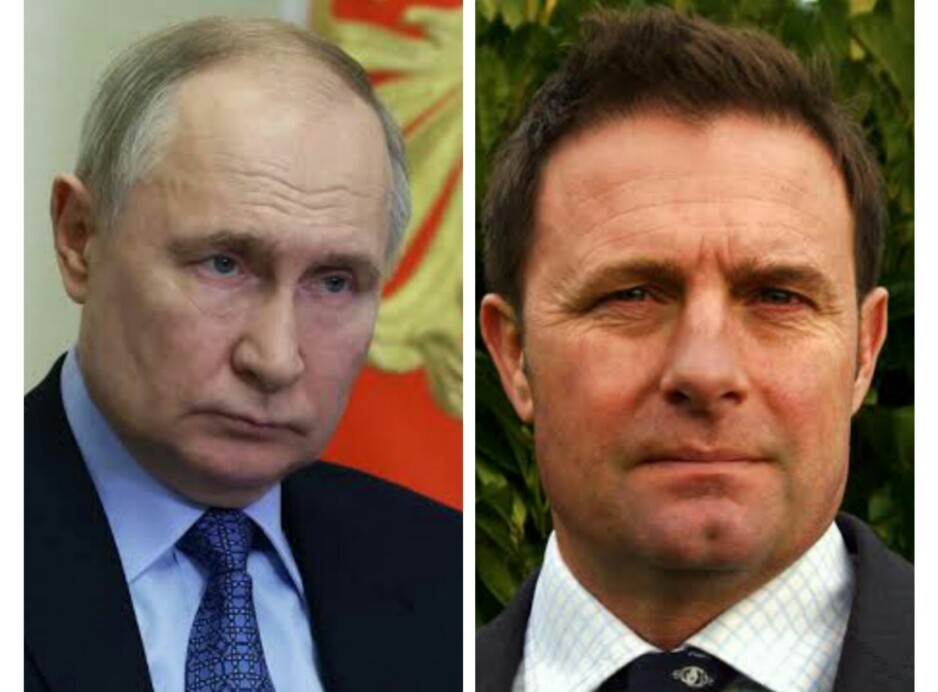Recent assertions by former British Army Colonel Hamish De Bretton-Gordon that Vladimir Putin’s “days are numbered” have sparked renewed global speculation regarding the Russian leader’s hold on power. As chatter about possible assassination attempts escalates, analysts are examining the unstable alliances and growing pressures within the Kremlin’s inner circle.
Putin, who has been a dominant force in Russian politics for more than twenty years, is confronted with unprecedented challenges. The ongoing conflict in Ukraine, economic pressures from Western sanctions, and last year’s dramatic mutiny by the Wagner Group have revealed weaknesses in his regime. De Bretton-Gordon, an expert in chemical weapons and a seasoned military strategist, argues that frustration is reaching a breaking point. “Putin’s image of invincibility is deteriorating,” he remarked. “His military setbacks and oppressive measures are transforming allies into adversaries.”
The likelihood of a coup or assassination—once regarded as unlikely—is now being considered in intelligence discussions. Notable purges of defense officials, along with reports of erratic behavior from Putin, have heightened speculation regarding paranoia in the Kremlin. Simultaneously, Ukraine’s counteroffensive and Western-supported resistance efforts have diminished Russia’s geopolitical influence, encouraging anti-Putin factions.
De Bretton-Gordon points to two potential threats: disenchanted elites aiming to evade responsibility for the repercussions of the war or military leaders frustrated by strategic miscalculations. External entities, like Ukrainian operatives, might also view Putin’s ousting as a way to conclude the conflict. Nonetheless, the extensive security apparatus surrounding the Russian president, including the feared Federal Protective Service, complicates these scenarios.
However, history demonstrates that authoritarian leaders frequently face the most significant threats from within. The 2023 Wagner rebellion, spearheaded by Yevgeny Prigozhin, highlighted the instability of Putin’s alliances. Although Prigozhin’s mysterious death months later reinforced Putin’s ruthless image, it also suggested the tenuous nature of loyalty among his associates.
Whether Putin’s end is near remains uncertain. Yet, as dissent escalates and Russia’s crises intensify, the inquiry has shifted from *if* his regime could collapse to *when*, and how violently. For the time being, the world observes, anticipating the next chapter in this high-stakes geopolitical drama.








